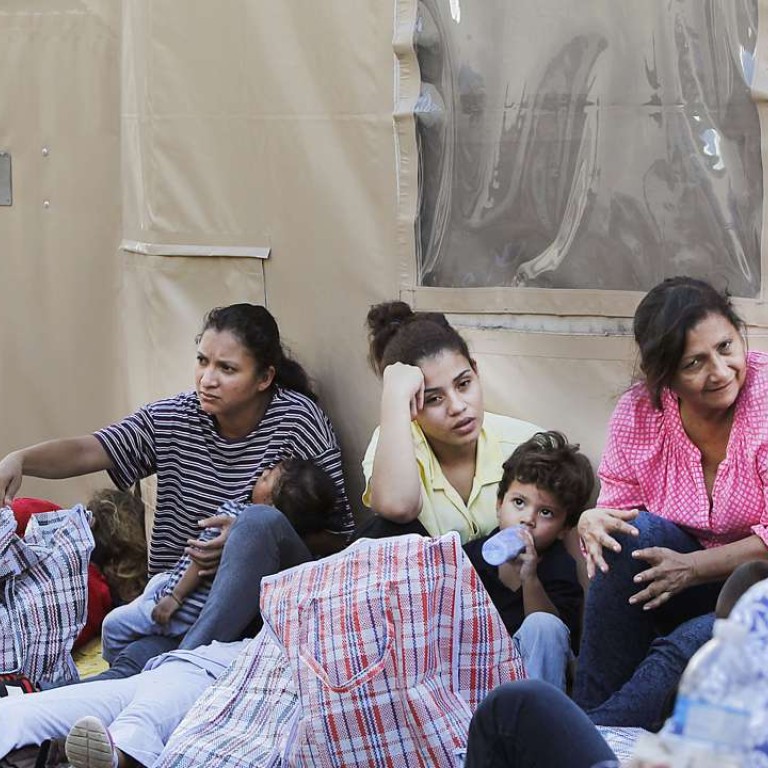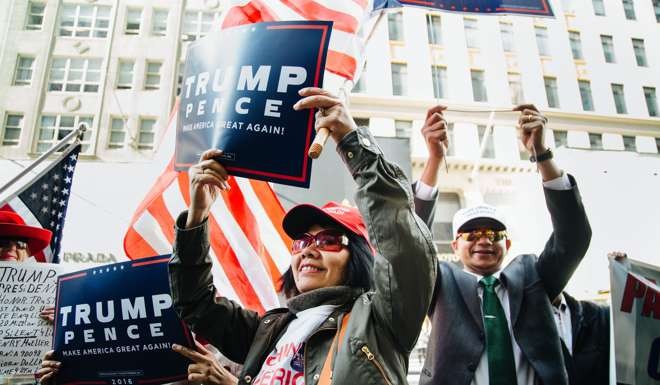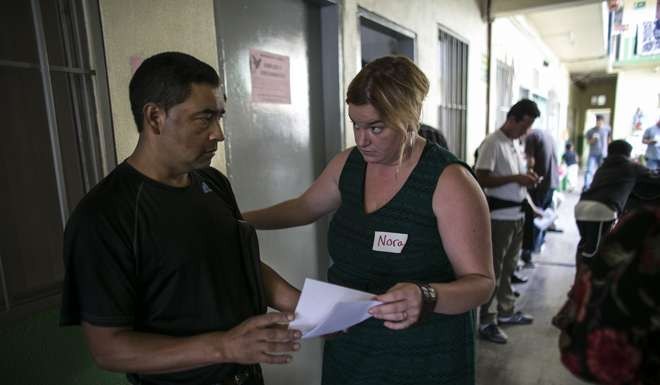
New | Fear sweeps through illegal migrants in US after Trump victory
Those in the shadows fear mass deportations as Trump will soon have names and addresses of those in US illegally
It was around midnight Wednesday just as it was becoming clear that Donald Trump would be the next president of the United States that longtime immigration advocate Maudia Melendez reached out to family and friends online.
“Attention: this is a call to all of you who are hearing from others that you need to pack your bags because Donald Trump is winning the election. Please stop injecting fear into the people. Fear of man is sin,” she wrote in capital letters on Facebook.
Trump’s ascent to the presidency has set off a wave of fear among millions of immigrants in the United States illegally.
Many drew comfort in Hillary Clinton’s massive mobilisation of the 27 million registered Latino voters. Many who’d drawn comfort in predictions that Latinos would have a game-changing impact on the election and that would lead to a new immigration laws are now unsure of their next move.
They’re afraid Trump can follow through with promises to deport those here illegally. And he will have at his fingertips the identities and legal status of hundreds of thousands of immigrants who submitted their personal information to President Barack Obama following his executive orders to block their deportation. Some experts say Trump is politically obligated to deport them.

Trump never wavered from the hard-line stance on immigration he staked out when he first announced his candidacy. The New York businessman pledged to deport the 11 million immigrants living in the US illegally, build a wall along the US-Mexico border, and reverse Obama’s executive actions that have shielded hundreds of thousands of young immigrants from deportation, saying that “they have to go.”
Some of it may have political bluster, but experts point out that immigration is where Trump had the most detailed, specific and well-developed policy ideas.
Once sworn in, Trump could immediately — and has vowed to — reverse or at least stop renewing deferred action applications for about 700,000 immigrants brought here illegally as children to remain and work temporarily in the United States. A similar programme launched by Obama to protect the immigrant parents of US citizens has been challenged in US courts.

Alex Nowrasteh, an immigration policy analyst at the libertarian Cato Institute, notes that the information about the beneficiaries of the children’s programme, known as Deferred Action for Childhood Arrivals or DACA, will soon be in the hands of the Trump administration.
“The DACA beneficiaries have been some of the most active and vocal advocates for immigration reform,” Nowrasteh said. “So politically he’d have quite an incentive to use that information to target these people for deportation.”
Melendez said in an interview that she began receiving private messages late Tuesday and early Wednesday from immigrants asking if they should leave the country. People talked of packing their bags amid rumours of immigration raids.
“They were worried in the morning we’d have massive deportations,” Melendez said.

He has released a policy plan, but it did not include allowing immigrants to remain legally. The proposal, released last summer, would deny citizenship to US-born children of parents here illegally and would require Mexico to pay for a state-of-the-art border wall.
He also called for implementing an entry-exit system to address those who overstayed their visas and boosting the number of immigration agents.
According to the majority of polls leading up to Tuesday’s election, Trump was not supposed to win. And many were already crediting the expected loss to his angry rhetoric and the nation’s changing demographics, particularly the rising Latino voting bloc as a major factor.
His lack of support from Latinos had many predicting a repeat of the 2012 presidential outcome that led to the most recent congressional push to liberalise immigration laws.
Within hours of the 2012 election results, conservative leaders were calling for the party to be more welcoming to the nation’s fastest-growing voting bloc, who overwhelmingly supported President Barack Obama after Republican candidate Mitt Romney supported a controversial “self-deportation” platform.
Clinton wasn’t that far off from Obama, who won 70 per cent in that election. Early exit poll data showed Clinton with 65 per cent of the Latino vote compared with 27 per cent for Trump.
But it didn’t matter.
“One of the big lessons for this is the Hispanic immigrant vote doesn’t matter as much as people thought it did on the national level,” Nowrasteh said.

